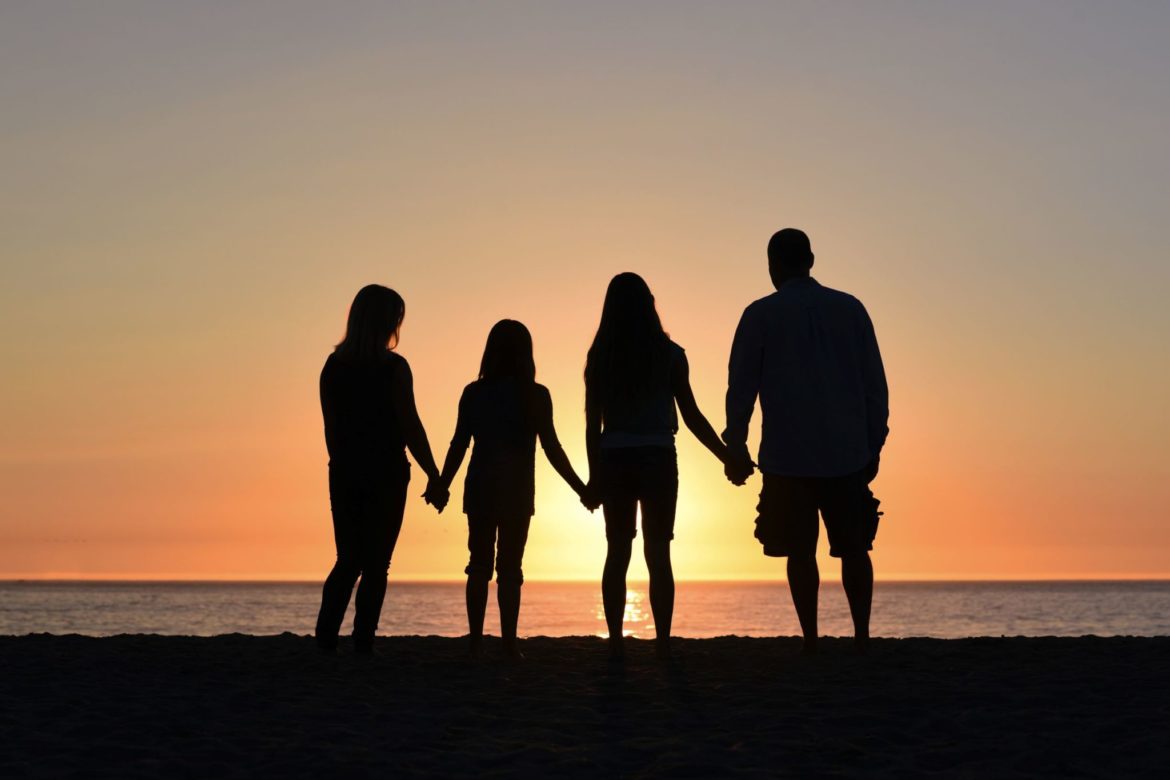When your child has a substance use disorder, you naturally have concerns about their well-being as well as your own. Addiction affects the entire family. It doesn’t matter if your child is a teenager or a grown adult, as a parent you still worry. There is help for parents of addicted children, including guidance on talking to your kids and support groups for you and your family.
Kids and Alcohol
According to the Substance Abuse and Mental Health Services Administration (SAMHSA), about 10 percent of 12-year-olds say they have tried alcohol, but by age 15, that number jumps to 50 percent. Additionally, by the time they are seniors, almost 70 percent of high school students will have tried alcohol, half will have taken an illegal drug, and more than 20 percent will have used a prescription drug for a nonmedical purpose. The sooner you talk to your children about alcohol and other drugs, the greater chance you have of influencing their decisions about drinking and substance use.
Watch for Warning Signs
Your child may be addicted to drugs or alcohol if he or she exhibits several of these signs at the same time, if they occur suddenly, or if some are extreme in nature.
- Mood changes: flare-ups of temper, irritability, and defensiveness
- School problems: poor attendance, low grades, and/or recent disciplinary action
- Rebellion against family rules
- Friend changes: switching friends and a reluctance to let you get to know the new friends
- A “nothing matters” attitude: sloppy appearance, a lack of involvement in former interests, and general low energy
- Alcohol presence: finding it in your child’s room or backpack or smelling alcohol on his or her breath
- Physical or mental problems: memory lapses, poor concentration, bloodshot eyes, lack of coordination, or slurred speech.
Find Help, Not Blame
SAMSHA also advises parents that it can be difficult to believe that your child could be caught up in alcohol use and in need of professional help. Do not feel bad if you did not see the warning signs until your child was in trouble or until someone told you about the problem. When most parents find out about their child’s drinking, they feel shocked and stunned and wonder where they went wrong.
In getting help for a child who drinks, the first thing to do is to try not to blame yourself or your child. The important thing is to act now to find the best available services to help your child stop using alcohol and begin building an alcohol-free future.
Support for Parents and Families
Support groups for those addicted to drugs or alcohol offer a safe place to share and to find encouragement. Parents of addicted children also have support groups available to them that provide a safe place for them to get additional help. Support groups for parents and families include Al-Anon, Nar-Anon, and Families Anonymous.
Families Anonymous is a 12 Step fellowship for the families and friends who have known a feeling of desperation concerning the destructive behavior of someone very near to them, whether caused by drugs, alcohol, or related behavioral problems. As the parent of an addicted child, you are encouraged to attend such a meeting, even if you only have a suspicion of there might be a problem with drugs or alcohol.
The Nar-Anon Family Group offers fellowship for those affected by someone else’s addiction. As a Twelve-Step Program, they offer help by sharing experiences, strength, and hope. The only requirement for membership is that there be a problem of addiction in a relative or friend. Their program of recovery is adapted from NA and uses their Twelve Steps, Twelve Traditions, and Twelve Concepts.
A support group like Al-Anon can help you learn how to cope with the challenges of your child’s drinking. Al‑Anon members come to understand problem drinking as a family illness that affects everyone in the family. By listening to Al‑Anon members speak at Al‑Anon meetings, you can hear how they came to understand their own role in this family illness. In fact, research shows that when problem drinkers enter a recovery program, their chances for success are improved when they are supported by family members who are in a family recovery program such as Al‑Anon.
You Can Find Help at South Miami Recovery
At South Miami Recovery, we support parents of addicted children as well as the individuals who are addicted to drugs or alcohol. Through our family therapy program, we guide the family unit throughout the recovery process. We offer HIPAA-compliant telehealth services during COVID-19 so you and your loved one can get the help you need now. To learn more, contact us today. Call South Miami Recovery at 305.661.0055.
